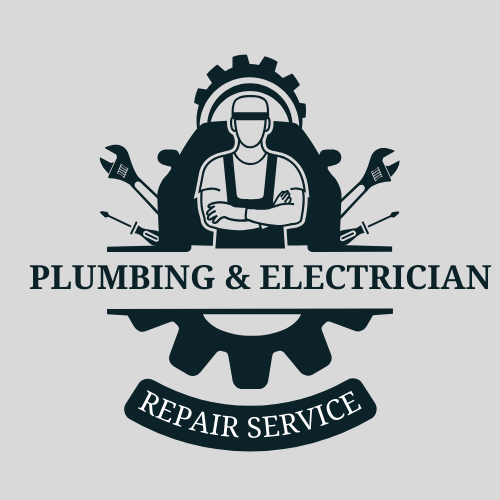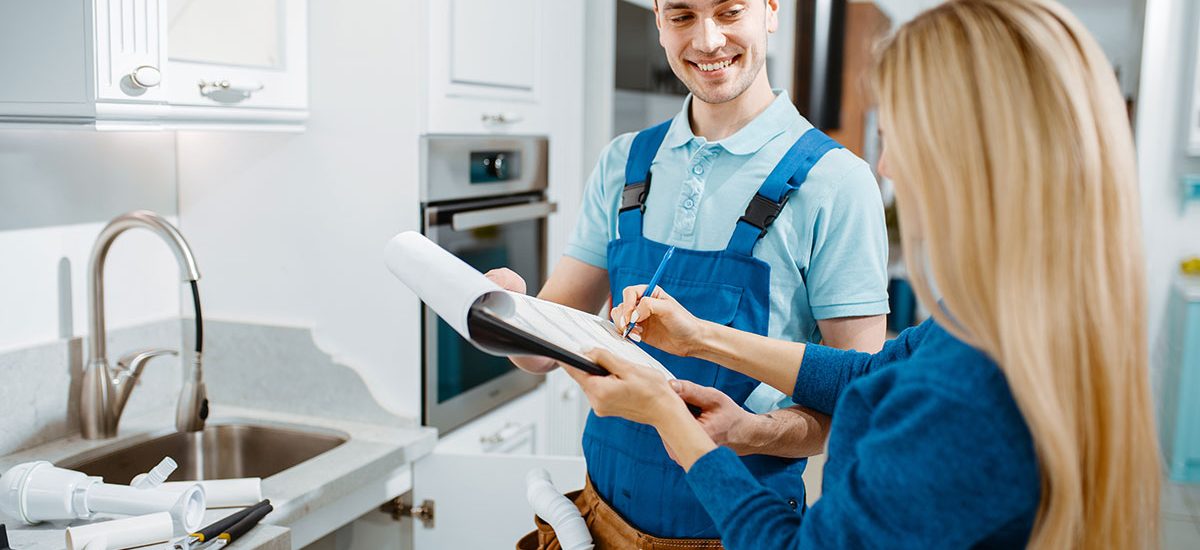Completing plumbing projects for a client requires effective planning, execution, and communication. Ensuring a successful project outcome not only fulfills the client’s needs but also builds a positive reputation for your services. Here’s a guide to managing and completing client projects efficiently:
1. Understanding the Client’s Needs
- Initial Consultation:
- Meet with the client to understand their goals, budget, and timelines.
- Identify specific requirements, such as fixture preferences, water-saving features, or compliance with regulations.
- Site Inspection:
- Conduct a thorough site evaluation to assess existing conditions and potential challenges.
2. Planning and Design
- Develop a Detailed Plan:
- Prepare blueprints or schematics that outline the system layout.
- Incorporate zoning requirements, fixture locations, pipe routes, and drainage systems.
- Material Selection:
- Choose high-quality, durable materials suited to the project type (e.g., residential, commercial, industrial).
- Obtain Necessary Permits:
- Ensure all work complies with local plumbing codes and standards.
3. Providing a Clear Proposal
- Detailed Estimate:
- Break down costs for labor, materials, and any additional services.
- Include a timeline for project completion.
- Scope of Work:
- Clearly define what the project includes and excludes to avoid misunderstandings.
- Contract Agreement:
- Draft a formal agreement outlining terms, payment schedules, and responsibilities.
4. Execution of the Project
- Scheduling:
- Plan the project phases to minimize disruptions, especially for commercial or residential clients who may occupy the space.
- On-Site Coordination:
- Work closely with other contractors, such as electricians or builders, to avoid delays.
- Safety Measures:
- Ensure all team members follow safety protocols to prevent accidents.
- Progress Updates:
- Keep the client informed about milestones or any unforeseen challenges.
5. Quality Assurance
- Testing:
- Test water pressure, drainage, and connections to ensure the system is functioning correctly.
- Use tools like video pipe inspection or pressure gauges for accurate diagnostics.
- Code Compliance:
- Verify that all work meets local plumbing codes and passes inspections.
- Finishing Touches:
- Clean the workspace, check for leaks, and ensure fixtures are properly installed.
6. Post-Completion Steps
- Client Walkthrough:
- Guide the client through the completed project, explaining key features and functions.
- Documentation:
- Provide a detailed report or manual, including warranties for fixtures and materials.
- Maintenance Tips:
- Educate the client on basic maintenance to prolong the system’s life.
7. Addressing Challenges
- Change Orders:
- If the client requests changes mid-project, discuss the implications for cost and timeline before proceeding.
- Unexpected Issues:
- Handle surprises, such as old or damaged pipes, by proposing solutions promptly.
- Communication:
- Maintain transparency with the client to build trust and manage expectations.
8. Finalizing the Project
- Ensure Client Satisfaction:
- Address any concerns or feedback before considering the project complete.
- Request a Review:
- Encourage the client to provide a review or testimonial for your work.
- Follow-Up:
- Check in after a few weeks or months to ensure everything is functioning as intended.
Key Tips for Success
- Punctuality: Stick to the agreed timeline as closely as possible.
- Professionalism: Maintain a clean workspace and a courteous demeanor.
- Innovation: Use modern techniques and tools to deliver top-quality results.
By following these steps, you can ensure the client’s expectations are met and your plumbing project is completed efficiently and professionally.


